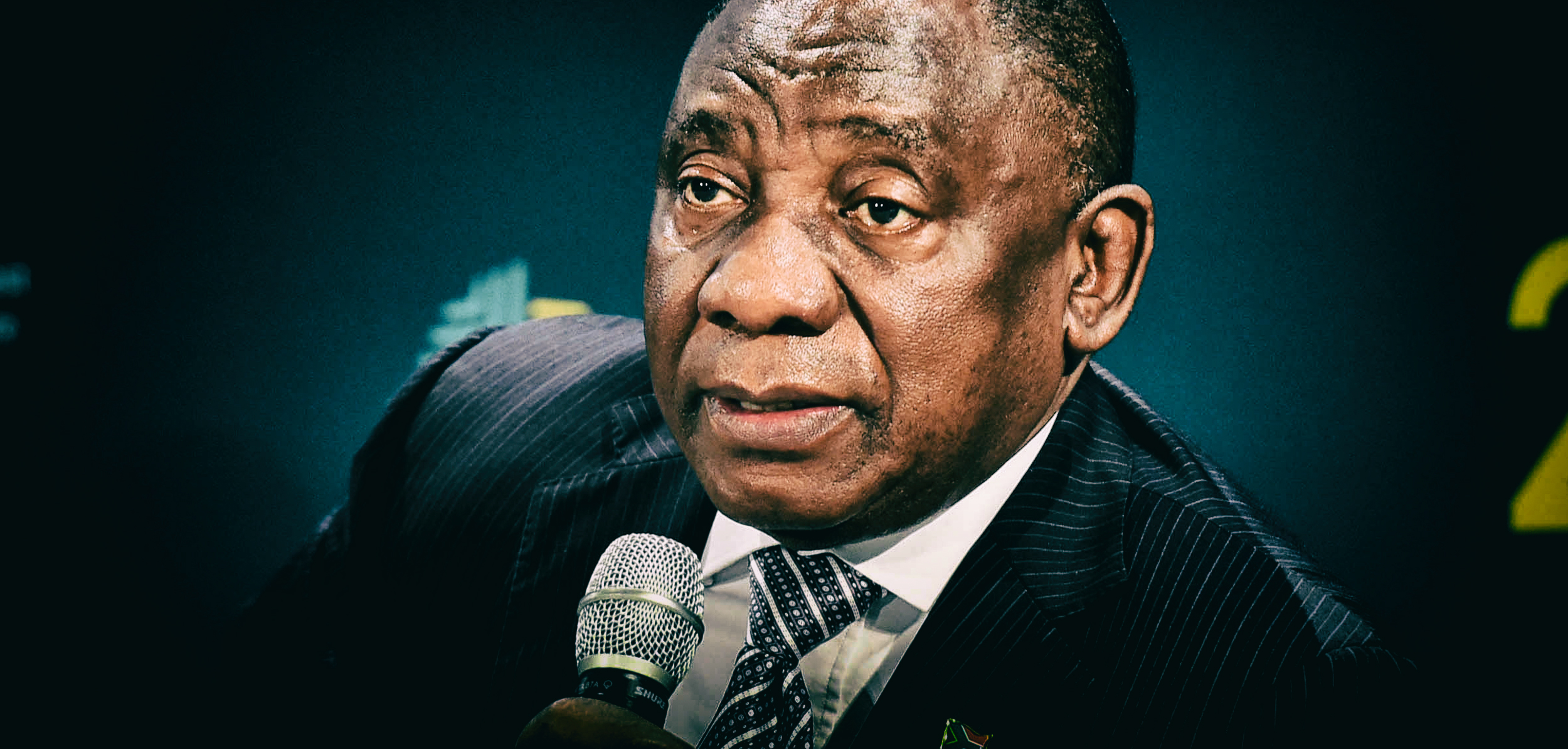Over some 40 minutes on Wednesday, President Cyril Ramaphosa replied to questions from MPs about his office’s size and capabilities. Just because the Presidency doesn’t have its own oversight committee, doesn’t mean it isn’t accountable to Parliament, the President told MPs.
“A number of speakers have raised the issue of the manner in which Parliament exercises its oversight functions with respect to the Presidency, including the possibility of a dedicated oversight committee.
“It is correct and proper that Parliament, through its relevant structures, gives this matter consideration and determines the most appropriate way to fulfil its constitutional responsibilities. The Presidency, like the rest of the executive, is committed to honour its accountability to Parliament,” said Ramaphosa.
Opposition MPs on Tuesday argued that with the dissolution of the Department of Public Enterprises, state-owned enterprises (SOEs) would now fall under the Presidency and — without a parliamentary committee to account to — would no longer be accountable to Parliament.
The President on Wednesday referred to the Zondo Commission’s report which had criticised Parliament for the shoddy oversight that allowed State Capture, and to the report of Parliament’s Rules Committee about its July 2023 visit to Westminster to study how the British prime minister is held to account.
The Zondo Commission made 16 recommendations following its findings on Parliament’s oversight failures — one of which included a Presidency oversight committee.
The report of Parliament’s Rules Committee recommended, among other issues, that in the case of oversight over the Presidency, the Portfolio Committee on Planning, Monitoring and Evaluation “should be mandated to scrutinise the budget and spending of the vote on the Presidency”, Ramaphosa said.
Budget Vote 1, the Presidency, remains the only one without a parliamentary oversight committee. The establishment of a Presidency oversight committee was kicked to touch throughout the sixth administration, and on Wednesday it seemed it would be sidestepped once again.
“As this matter has been raised by a number of speakers here, I do believe that what the delegation [of Parliament’s Rules Committee] has recommended is in line with the manner in which the Presidency is able to exercise its accountability to Parliament,” said Ramaphosa.
He said the Presidency had “nothing to hide”.
“There is just nothing that we can say we want to hide, and we are accountable to this Parliament,” he said.
‘Super Presidency’
Ramaphosa in his reply addressed criticism from MPs in Tuesday’s budget vote debate about the size of the Presidency and the executive, singling out the MK party chief whip, impeached judge John Hlophe and EFF leader Julius Malema.
Read more: Ramaphosa offers to educate Malema on apartheid-era politics
“There are some, like Honourable Hlophe, who question the role of the Presidency in undertaking this task or whether it really needs the budget that we have tabled in this vote. Some have argued that the Presidency should reduce its responsibilities, while others, like the Honourable Malema, have argued that we should take over more functions, such as the police,” said Ramaphosa.
Ramaphosa defended the “convening powers” of the Presidency, highlighting the centrality of his office in government — and how its role was to provide “leadership and coordination”, and to ensure there was intergovernmental “cooperation and execution”.
“Some of you in this House have said we are building a ‘Super Presidency’ that subsumes the role of government departments. On the contrary, the Presidency complements and strengthens the work of government as a whole,” he said.
The Presidency has a R612-million budget for 2024/25.
Read more: Very big, very bloated, but will the government of national unity Cabinet be better?
On the issue of the bloated Cabinet, Ramaphosa went off-script, saying the size of the executive “will continue to be under review… as our democracy matures.
“While we continue to seek ways to use the resources of the state optimally and sensibly, we have also had to ensure that we achieve inclusivity and balance — particularly now as we have set up the Government of National Unity,” he said.
SOE ownership model
With the Department of Public Enterprises ceasing to exist, the entities it oversaw — including Eskom, Transnet and Denel — would “report to their respective line departments in terms of policy and regulatory matters”, Ramaphosa told MPs.
This was after deputy minister of electricity and energy Samantha Graham on Tuesday criticised the President’s decision to move SOEs into the Presidency — causing Eskom to now reside in the Department of Planning, Monitoring and Evaluation and not within the Department of Electricity and Energy.
In his Opening of Parliament Address, the President referred to the establishment of a holding company which would centralise ownership of the SOEs. The announcement heralds a move towards the National State Enterprises Bill, which seeks to replace some SOEs under a single state asset management company with the government as the sole shareholder, Daily Maverick’s Neesa Moodley reported.
Read more: A GNU way of dealing with problematic SOEs
“As I indicated in the Opening of Parliament Address, we are introducing legislation to establish a state-owned holding company to oversee and coordinate key strategic SOEs. The legislation will assign the functions of the holding company, which will cover issues of governance, financial management, remuneration standards and similar matters.
“This is in line with global best practice and is the approach taken by many countries with SOEs that successfully fulfil a social and economic development mandate,” said Ramaphosa.
He said the minister in the Presidency responsible for planning, monitoring and evaluation, Maropene Ramokgopa, had been tasked with setting up the holding company. However, no detail was provided by the President on when SOEs’ governance and management legislation was expected to be signed into law, or when the new holding company would be in place. DM




 President Cyril Ramaphosa. (Photo: Kopano Tlape / GCIS)
President Cyril Ramaphosa. (Photo: Kopano Tlape / GCIS)